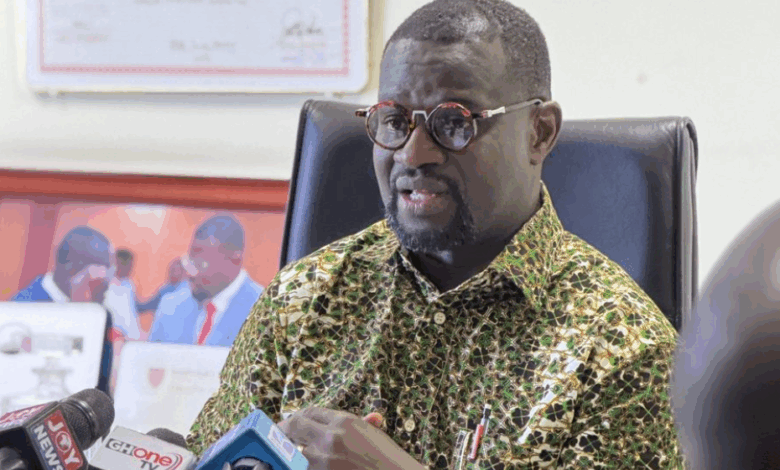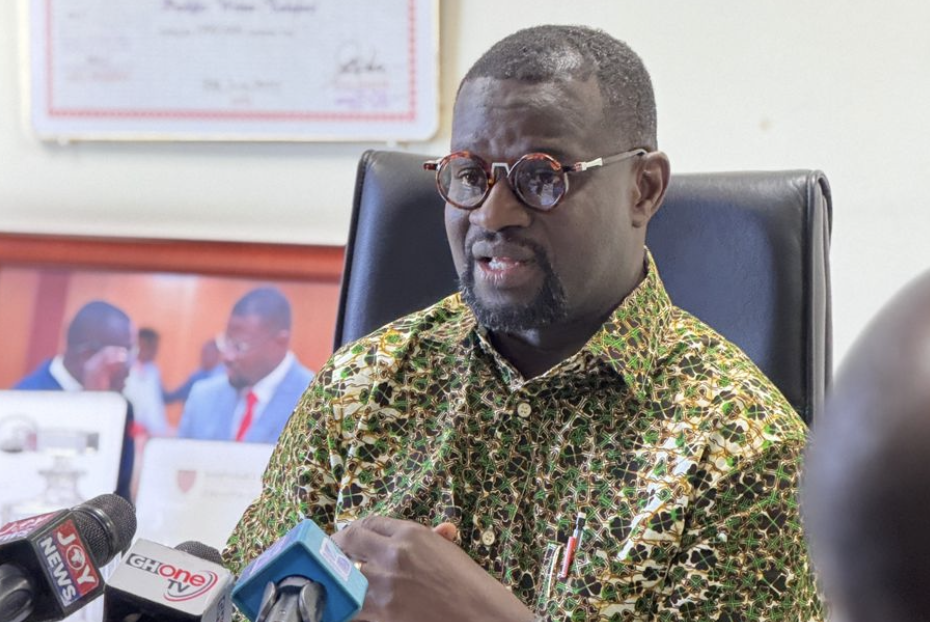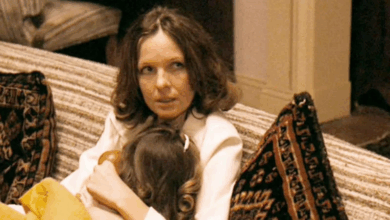Build cities that breathe, not choke – Annoh-Dompreh to Parliament


Minority Chief Whip and Member of Parliament for Nsawam-Adoagyiri, Frank Annoh-Dompreh, has called on Parliament to lead a national agenda for greener, cleaner, and more resilient cities.
He said Ghana’s rapid urban growth has become both a mark of progress and a source of crisis, warning that the country risks suffocating under the weight of its own development.
“There comes a defining moment in the life of every nation when progress can no longer be measured by the grandeur of its skylines or the length of its highways, but by the harmony it achieves between humanity and nature. Ghana stands today at that crossroads,” he told Parliament on Tuesday.
He said cities like Accra, Kumasi, Takoradi, and Tamale, once symbols of vitality, are now choking under congestion, pollution, and urban neglect.
According to him, over 56.7 per cent of Ghanaians live in urban areas, up from 50.9 per cent in 2010, and the figure will surpass 60 per cent by 2030 — putting immense pressure on land, water, air, and housing.
Mr Annoh-Dompreh cited data showing that while cities contribute more than 70 per cent of Ghana’s GDP, they generate over 12,000 tonnes of solid waste daily, most of which is not properly treated.
Read also: Transforming Urban Ghana: Evidence-based solutions for sustainable, clean, and resilient cities
“The World Bank estimates that poor sanitation, pollution, and waste mismanagement cost Ghana nearly three per cent of GDP annually — a staggering economic loss that undermines health, productivity, and tourism,” he said.
The MP expressed concern that air quality in Accra has reached critical levels, with the Environmental Protection Agency attributing 40 per cent of fine particle pollution to road transport.
“Respiratory diseases are now among the top five causes of outpatient visits in the Greater Accra Region,” he warned, adding that unregulated emissions, unmanaged waste, and vanishing green spaces are eroding the liveability of cities.
“If this trajectory continues unchecked, by 2040, Accra could host more than seven million people, living amid worsening traffic congestion, flooding, rising temperatures, and declining air quality,” he cautioned.
Mr. Annoh-Dompreh urged Ghana to learn from global examples. He praised Kigali for enforcing a strict urban master plan anchored in sanitation, green spaces, and public discipline, Singapore for integrating green design into its urban planning, and Copenhagen for investing in cycling and pedestrian infrastructure.
“Their success lies in political will, community participation, and citywide enforcement — three ingredients Ghana can replicate,” he said.
He proposed a series of evidence-based measures to transform urban Ghana.
“Greening our cities must become a cornerstone of national urban policy,” he said, calling on Metropolitan Assemblies to increase tree canopy cover by up to 15 per cent in the next decade and reserve 12 per cent of new development areas for open spaces.
He urged a shift toward clean, inclusive transport systems — modernising tro-tros, piloting electric buses on major corridors, and expanding cycling infrastructure.
“Cleaner mobility will directly reduce air pollution, improve productivity, and align Ghana’s transport sector with its Paris Agreement commitments,” he added.
Mr Annoh-Dompreh also called for decongestion of markets and lorry terminals, modernised trading zones, and better waste management systems.
“Ghana should move from collection-only systems to a circular waste economy — with recycling cooperatives and composting plants that create green jobs while safeguarding the environment,” he said.
He ended with a passionate call to action: “If we build without foresight, we will inherit congestion, pollution, and decay. But if we build with purpose — guided by ecological wisdom, justice, and innovation — we will create cities that breathe, move, and heal.”
“The destiny of our cities is the destiny of our nation,” he concluded.
“Let this House and this generation be remembered as those who refused to accept decay as destiny — the stewards who planted trees of foresight and designed cities of hope.”
DISCLAIMER: The Views, Comments, Opinions, Contributions and Statements made by Readers and Contributors on this platform do not necessarily represent the views or policy of Multimedia Group Limited.
DISCLAIMER: The Views, Comments, Opinions, Contributions and Statements made by Readers and Contributors on this platform do not necessarily represent the views or policy of Multimedia Group Limited.
Source link





